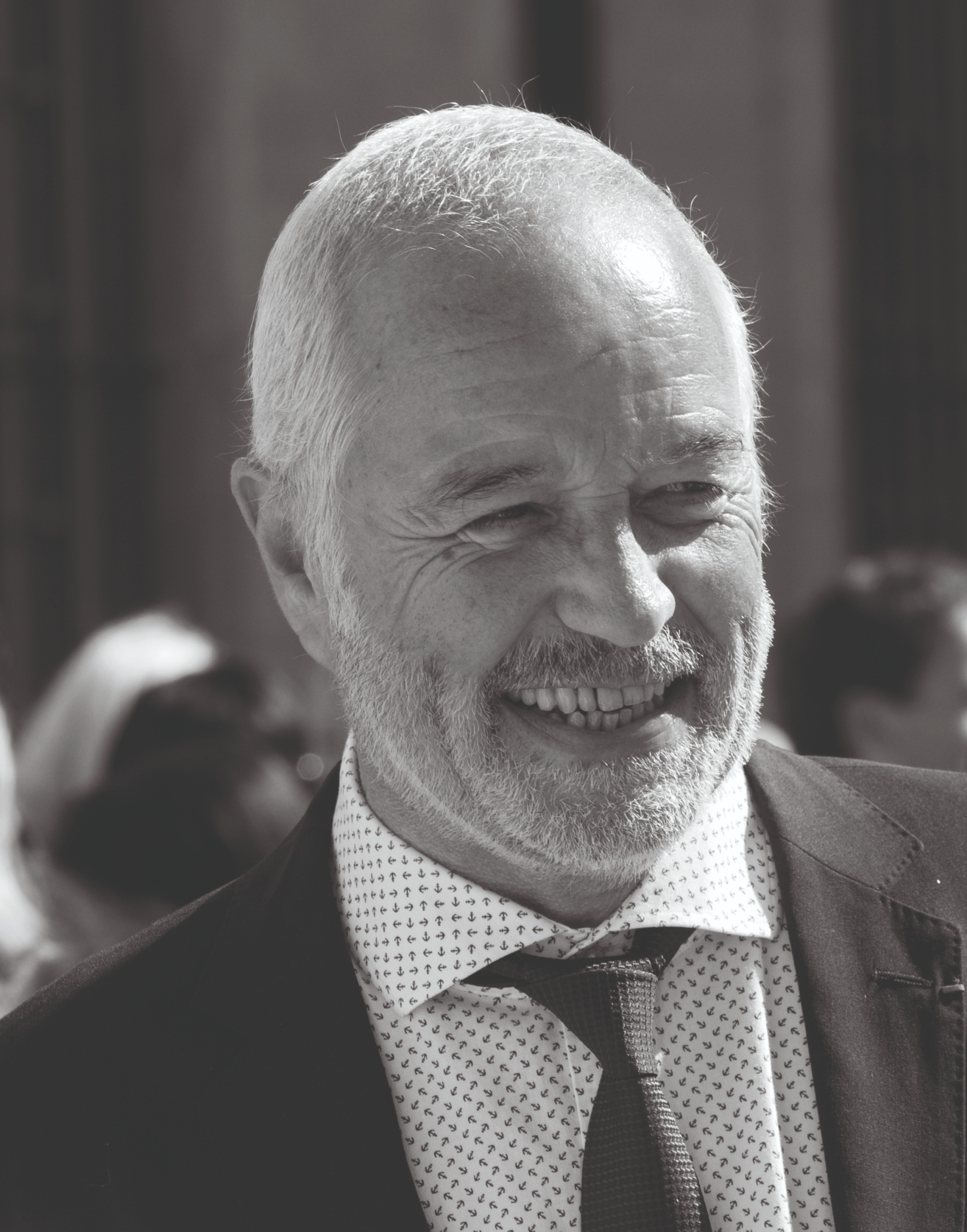News
Progress report on the OnDijon smart city scheme with François Rebsamen
It has been one year since you announced the launch of the OnDijon smart city scheme. Are you on track as far as the business plan is concerned?

We are exactly where we should be. The smart operations centre will be up and running in the spring of 2019. More than 50 technical committee meetings and 70 workshops have been held to outline the development of the operations centre and the urban facilities and to prepare for the changes in the way Dijon city council departments will work with this new digital system. On the operational side, works have begun on the centre and we have started installing the new smart urban infrastructure, including street lighting columns and traffic intersections. The work carried out is barely noticeable for the public at this stage and yet it is critical to the project.
How is the consortium that is responsible for the development supporting you in this phase?
It is supporting us in the day-to-day implementation of the project of course, not just in terms of the works execution but also in terms of infrastructure testing and roll-out of the new data flow and processing methods arising from the public infrastructure. We are also working together to promote the scheme and thus the attractiveness of the Dijon area, both in France and internationally. Communicating about the scheme and demonstrating how it will benefit the public and the business and higher education communities will contribute towards the transformation of the region by attracting talent and economic players.
How has the scheme been received by the city's technical teams? What steps have you taken to keep them informed?
It is often forgotten that the scheme requires a major change in the process of cooperation and coordination between city council departments. It's an invisible part of the project, but one that is key to fully benefitting from the digital system. We opted to actively involve officials and departments in the project, and it is they who tell us their expectations and needs and who help us to identify the features that will simplify their work. So staff are central to this campaign to transform our public services. Digital technology is just a resource, a tool to help us move forward. But ultimately it's our transformation as a public service that will drive efficiencies in services. Cities don't become smart by having sensors installed. They become smart because the people who live in them have new needs and use public spaces in new ways that we, as a public service, need to adapt to.
One of the project requirements is to enhance the area's attractiveness. Have you noticed an "OnDijon effect" yet?
Yes, absolutely. Thanks to the project, two engineering schools, ESEO and ESTP, have decided to open campuses in Dijon. And the University of Burgundy plans to introduce a master's degree in smart city and data governance next year. Graduates of this course will soon represent a pool of experts for businesses wishing to move into the region. This initiative, which the consortium is helping to fund, shows that we want to leverage this unique project to deliver long-term value for the whole region.
What is the next step?
We are about to start testing the smart operations centre, a phase that will last 5 months. We'll test the system itself, along with the data exchange and processing aspects. At the same time, we will train staff - those responsible for operation and those from city council departments - in how to use the tools. We must all be ready by spring 2019 when the operations centre comes on stream.
Latest news
Find all the topics that make Bouygues Energies & Services news: projects, innovations, public and client events, partnerships, press releases ...
-
-
-
-
-
-
-
- One of the largest photovoltaic power plants in France is being built by our teams.
-
- Sustainability is a unifying theme and major partnerships are being established.
- A day of interactive discussion about diversity and inclusion strategy.
- Round table to discuss about national and European support for the hydrogen industry.
- Project Manager Aaron Yule will lead the team in charge of transforming Ashford's lighting.
- Official opening ceremony of the new North Mole thermal power plant
- A successful handover had been completed for Phase 1 of VIRTUS Data Centres’ LONDON5 facility.
- Mozambique faces electricity supply challenges due to limited infrastructure required to generate and evacuate power.
- The safety commission met on site and officially recommended that the building could open to the public
- Delivery of 4 solar farms 100km to the north of Bangkok
- Three key aspects of the airport: operations centre, baggage and pass office
- Contract signed with Equis, leading developer of renewable energy in the region






















